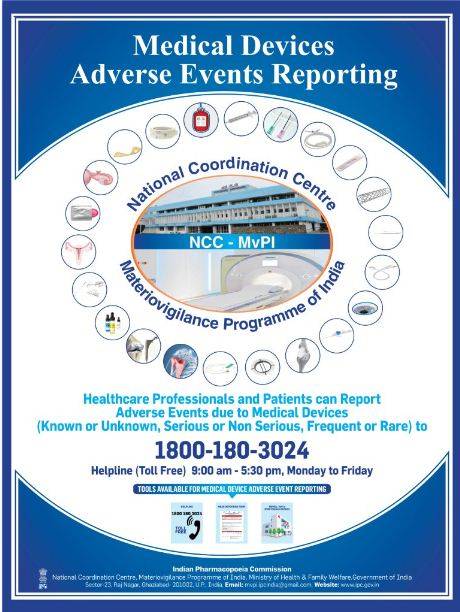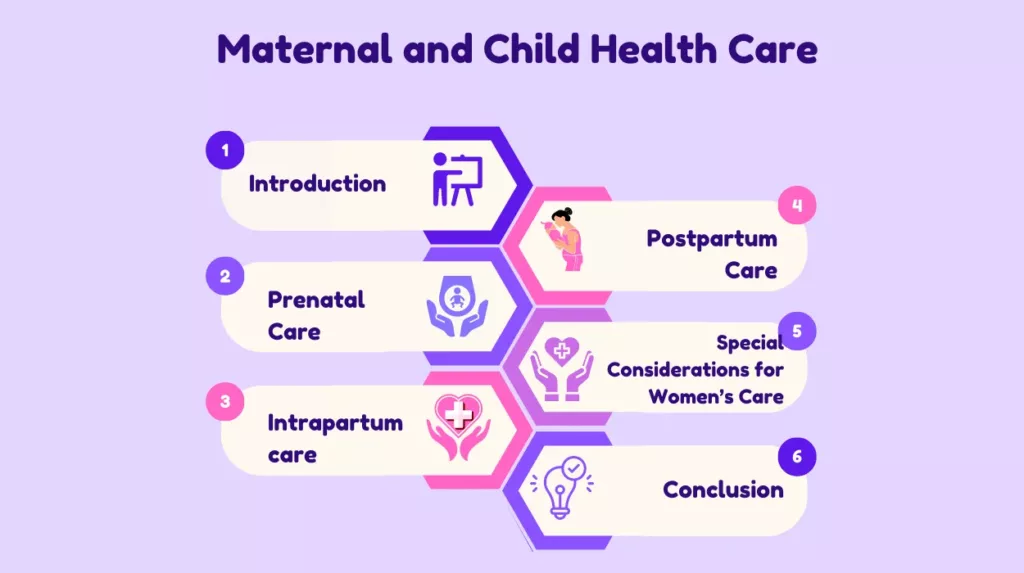How to Build a Healthy Lifestyle: Tips for Long-Term Success
Building a healthy lifestyle isn’t about quick fixes or temporary changes. It’s about developing habits you can sustain over time, enhancing your physical and mental health. Here are key strategies to help you create a long-lasting, balanced lifestyle that can lead to better health outcomes and greater life satisfaction.

1. Prioritize Nutrition: Eat a Balanced Diet
What you put into your body directly affects your health and energy levels. A balanced diet consists of fruits, vegetables, lean proteins, whole grains, and healthy fats.
- Tip: Aim to fill half your plate with fruits and vegetables at every meal, with a focus on variety. Incorporate whole grains like brown rice or quinoa, and opt for lean proteins like chicken, fish, or plant-based options such as legumes and tofu.
- Avoid: Highly processed foods, added sugars, and excessive salt, which can lead to weight gain, diabetes, and heart disease over time.
Long-term strategy: Try meal prepping for the week, which helps ensure you always have healthy options on hand.
2. Stay Physically Active: Move Your Body Regularly
Exercise is one of the cornerstones of a healthy lifestyle. Regular physical activity can improve cardiovascular health, strengthen muscles and bones, and reduce stress.
- Tip: The American Heart Association recommends at least 150 minutes of moderate-intensity exercise or 75 minutes of vigorous exercise each week. This can include walking, cycling, swimming, or even dance classes.
- Variety: Incorporate different types of exercise like strength training, aerobic activities, and flexibility exercises (such as yoga) to keep things interesting and target various areas of fitness.
Long-term strategy: Find activities you enjoy, whether it’s group sports, solo running, or at-home workouts, so that exercise becomes a regular part of your routine.
3. Prioritize Sleep: Rest for Restoration
Sleep is essential for both physical and mental health. Lack of sleep can lead to a host of issues, including weight gain, impaired cognitive function, and a weakened immune system.
- Tip: Adults should aim for 7-9 hours of sleep per night. Develop a bedtime routine, such as avoiding screens an hour before bed, reading, or practicing relaxation techniques to signal to your body that it’s time to wind down.
- Avoid: Caffeine and heavy meals too close to bedtime, as these can interfere with sleep quality.
Long-term strategy: Set a consistent sleep schedule by going to bed and waking up at the same time every day, even on weekends.
4. Manage Stress: Focus on Mental Health
Chronic stress can have serious health implications, such as increasing the risk of heart disease, diabetes, and depression. It’s important to find ways to manage stress effectively.
- Tip: Practice mindfulness, meditation, or deep-breathing exercises to help reduce stress levels. Physical activities such as yoga or stretching can also calm the mind.
- Connect: Social support is crucial for mental well-being. Regularly connect with family and friends, and don’t hesitate to seek professional help when needed.
Long-term strategy: Create a daily or weekly habit to engage in activities that help you relax and unwind, such as reading, taking walks in nature, or journaling.
5. Stay Hydrated: Water is Key
Proper hydration is vital for your body to function correctly. Water aids digestion, improves skin health, and helps regulate body temperature.
- Tip: Drink at least 8 glasses of water a day (about 2 liters). If you struggle to drink enough water, try carrying a reusable water bottle with you, or set reminders on your phone.
- Avoid: Sugary drinks, such as soda and energy drinks, which can lead to weight gain and other health problems.
Long-term strategy: Flavor your water with lemon, cucumber, or mint if plain water feels boring. Herbal teas can also be a good option for staying hydrated.
6. Limit Alcohol and Avoid Tobacco
While moderate alcohol consumption may be acceptable for some, excessive drinking and smoking can have devastating effects on your health, including an increased risk of liver disease, heart disease, and cancer.
- Tip: If you choose to drink, limit yourself to one drink per day for women and two for men. Avoid smoking altogether, and if you do smoke, seek help to quit through counseling or cessation programs.
Long-term strategy: Replace unhealthy habits with healthier ones. For example, instead of grabbing a cigarette or drink, take a walk, practice deep breathing, or chat with a friend.
7. Routine Health Screenings: Stay on Top of Preventive Care
Early detection of health issues can prevent more serious problems down the road. Routine check-ups and screenings for blood pressure, cholesterol, and blood sugar levels can keep you informed about your health status.
- Tip: Schedule regular doctor visits for preventive screenings. This includes dental check-ups, eye exams, and cancer screenings like mammograms or colonoscopies depending on your age and risk factors.
Long-term strategy: Maintain a calendar or reminder system for your health check-ups, ensuring you don’t miss critical appointments.
Conclusion
Building a healthy lifestyle is a marathon, not a sprint. The key is to make small, manageable changes that you can incorporate into your daily routine, leading to sustainable, long-term results. Focus on balance and consistency rather than perfection. With dedication to these healthy habits—balanced eating, regular exercise, stress management, and routine health screenings—you’ll be well on your way to a healthier and more fulfilling life.











Leave a Reply